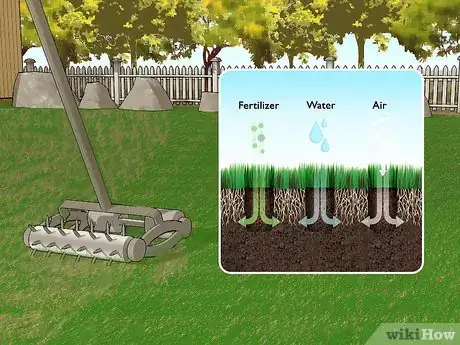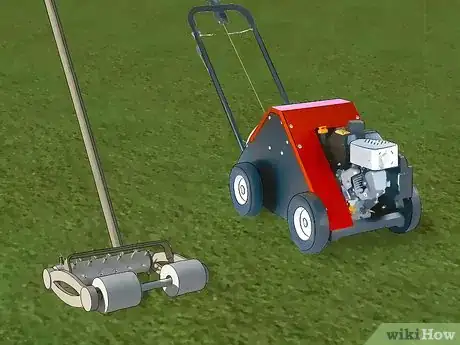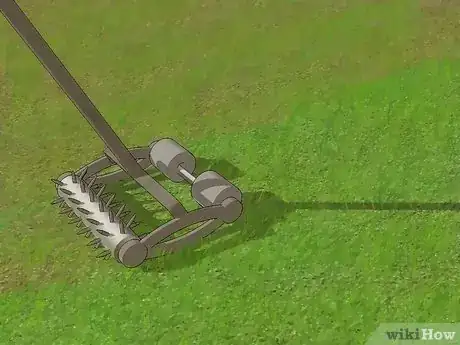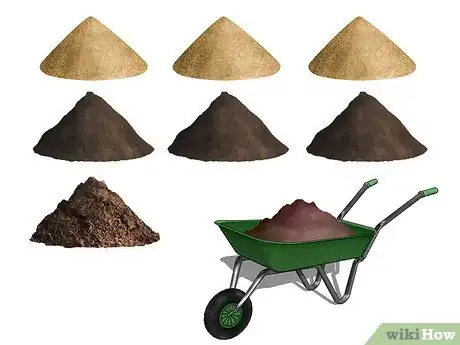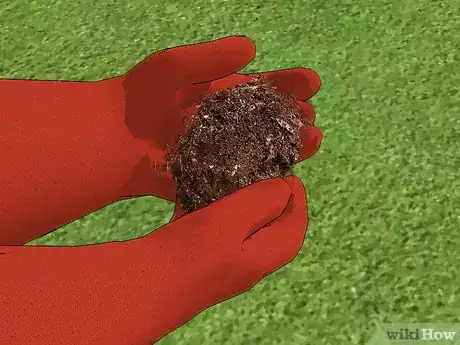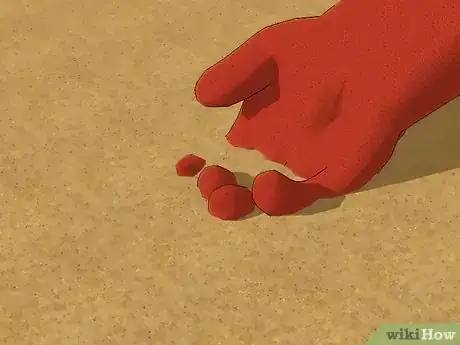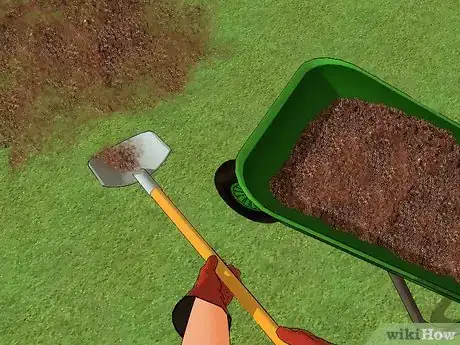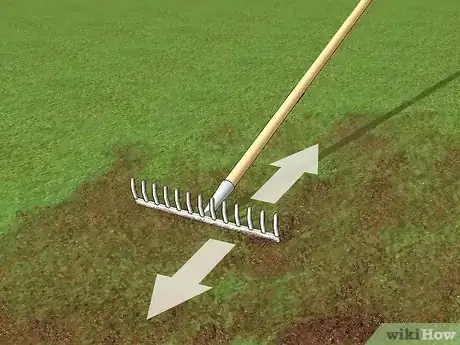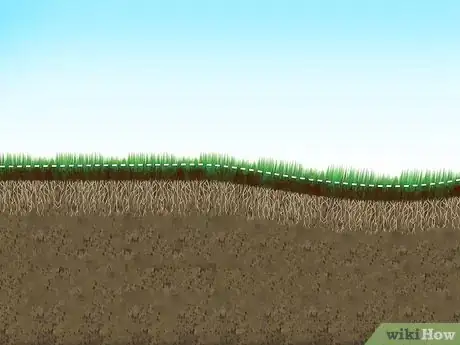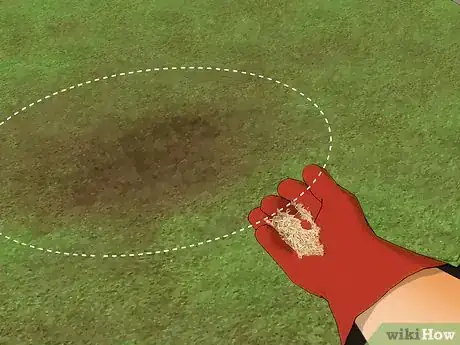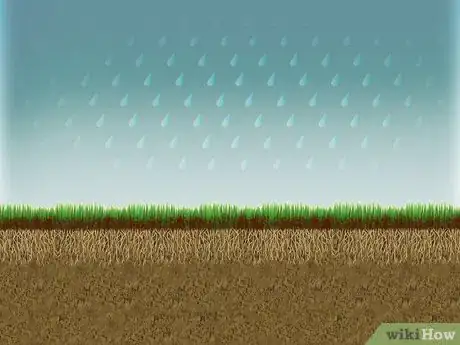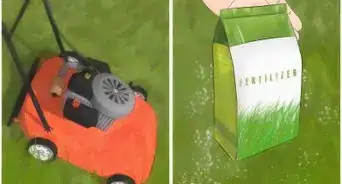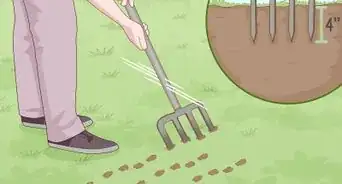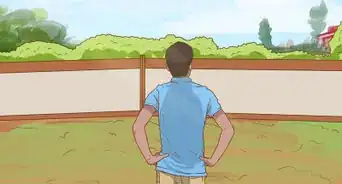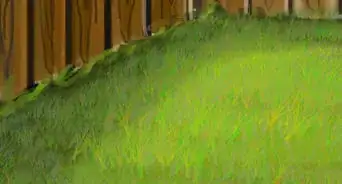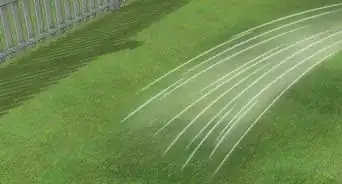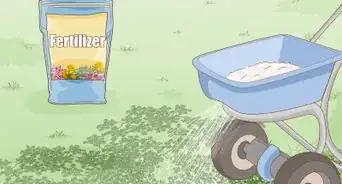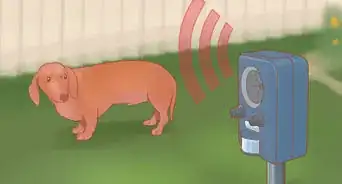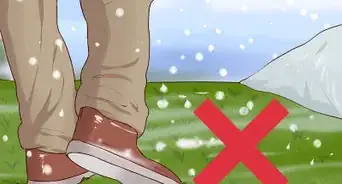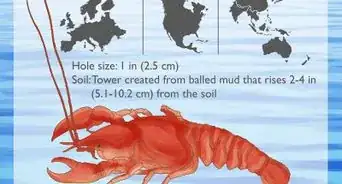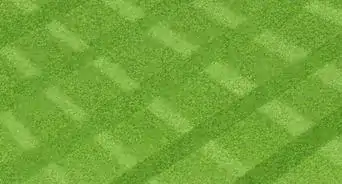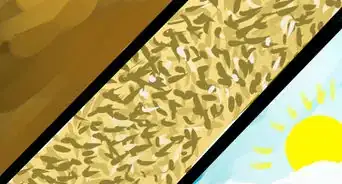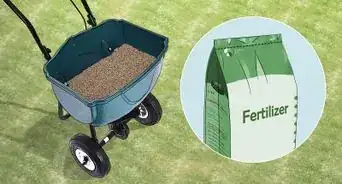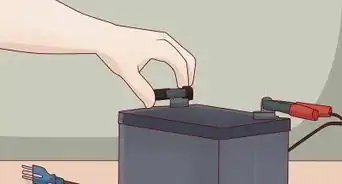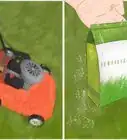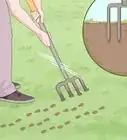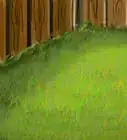This article was co-authored by Grant Wallace. Grant Wallace is a Landscaper and Owner of Grantlanta Lawn in Atlanta, Georgia. With over seven years of experience, he specializes in lawn maintenance and landscape installation. In 2012, he earned his BA from the University of West Georgia. Grant has been profiled in Shoutout Atlanta, Canvas Rebel, and Voyage ATL.
There are 8 references cited in this article, which can be found at the bottom of the page.
This article has been viewed 203,807 times.
If you’re thinking your yard needs some help to make it look good, you may want to learn how to topdress a lawn. This simple process, best performed in the fall, can help remove low spots caused by rotting roots and drainage problems. It can also help even the ground if you have problems with tunneling animals such as moles. Even if your lawn has no noticeable problems topdressing it can provide nutrients to healthy grass.
Steps
Aerate Your Lawn
-
1Assess whether your lawn is due for aeration.[1] You should aerate your lawn every 2 to 3 years. This process removes small plugs of soil from the ground and allows new nutrients, soils, air, and water to get to the roots of the existing plants. If your lawn is large, you may want to break it up into smaller segments and do a different one each year.
-
2Choose an aerator.[2] Rent an aerator if you don’t have one. You can find manual models, as well as models that you can pull behind a riding lawn mower. If you have a small lawn, you can even consider aerators that strap onto your shoes. You just walk around your lawn and poke holes in it with the soles of the aerators.Advertisement
-
3Run the aerator over your lawn.[3]
Prepare the Topdress Material
-
1Assess what type of soil you have.[4] The type of soil you have determines how to topdress a lawn because you want to balance out your soil. For example, heavy clay soil should have plenty of sand added to the topdress material to provide additional drainage.
-
2Mix the topdressing in your wheelbarrow or some other large container.[5] A basic mix is 3 parts sand with 3 parts loam and 1 part peat. Adjust this to allow for your soil type. Work the mixture until it is as lump-free as possible.
-
3Use homemade compost only if you know that it has no weed seed in it. Otherwise, you may just be planting more weeds in your yard.[6]
- Buying compost from the stores reduces the risk of getting weed seeds within the compost.
-
4Make sure the sand is lime free. Don’t use sea sand for topdressing.[7]
Apply the Topdressing
-
1Use a shovel or your hands to scatter the topdressing material over the lawn. Don’t worry if it’s not even at this point. Apply approximately 3 to 4 pounds (1.5 to 2 kilograms) of topdressing per square yard/meter. A good rule of thumb is to not have topdressing more than 1-inch thick in any spot.
-
2Take the back side of a rake or a topdressing tool called a lute and work the topdressing material into the grass to the soil level.[8] There should be no visible remaining top dress when you finish this step.
-
3Fill in low spots.[9] Remember to leave the tips of the grass exposed to the air. If you put down too much topdress, remove it.
-
4Sow new grass seed in bare spots in your lawn after you topdress. The extra nutrients and fresh soil can help it germinate and take root quickly.
Repeat the Process if Necessary
-
1Allow the topdress to settle. Wait for a rain shower or sprinkle the lawn to facilitate the process.[10]
-
2Add a bit more topdress material, if necessary, to low places. Be careful not to totally cover the grass. Rake the topdress material so it covers the low spots.
Community Q&A
-
QuestionDo I till bare soil before adding topdressing?
 Community AnswerYou can, if you like. But, if you're then leveling or grading and tamping, then the topdressing would just fine tune the surface uniformity. Otherwise, you'd till with amendments to improve the soil overall all of the way down to the tilling depth.
Community AnswerYou can, if you like. But, if you're then leveling or grading and tamping, then the topdressing would just fine tune the surface uniformity. Otherwise, you'd till with amendments to improve the soil overall all of the way down to the tilling depth. -
QuestionWhen can I mow again? Won't the mower with grass bag just suck up the new top dressing material?
 Community AnswerAfter a watering or after a rain. You need to roll or wait for the topdressing to settle down or get compacted.
Community AnswerAfter a watering or after a rain. You need to roll or wait for the topdressing to settle down or get compacted. -
QuestionDo I need to water in top dressing?
 Community AnswerNo, you can just wait for rain. However, if definite rain isn't in the forecast, then yes you should so nutrients can get in at their maximum potency.
Community AnswerNo, you can just wait for rain. However, if definite rain isn't in the forecast, then yes you should so nutrients can get in at their maximum potency.
Things You'll Need
- Aerator
- Sand
- Loam
- Peat
- Wheelbarrow or some other large container
- Shovel
- Rake or topdressing lute
- Grass seed (optional)
Expert Interview
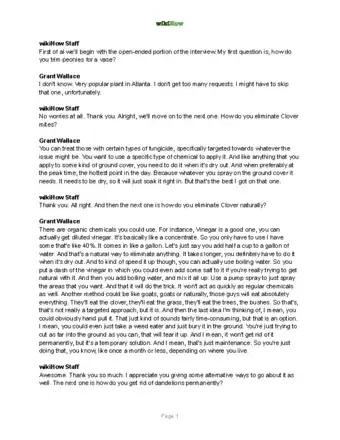
Thanks for reading our article! If you'd like to learn more about top dressing a lawn, check out our in-depth interview with Grant Wallace.
References
- ↑ https://www.pennington.com/all-products/grass-seed/resources/why-aerate-your-lawn
- ↑ https://www.pennington.com/all-products/grass-seed/resources/why-aerate-your-lawn
- ↑ https://www.briggsandstratton.com/na/en_us/support/maintenance-how-to/browse/aeration-why-how-and-when-to-aerate-your-lawn.html
- ↑ https://www.dummies.com/home-garden/gardening/urban-farming-how-to-determine-your-soil-type/
- ↑ https://www.todayshomeowner.com/top-dressing-to-improve-the-soil-in-your-lawn/
- ↑ https://www.dummies.com/home-garden/green-living/how-to-top-dress-lawns-with-compost/
- ↑ https://www.lawnandmower.com/top-dressing-the-lawn.aspx
- ↑ https://www.lawn-care-academy.com/top-dressing-lawns.html
- ↑ https://www.lawn-care-academy.com/top-dressing-lawns.html
About This Article
Topdressing your lawn will help to even out any depressions caused by drainage problems, rotting roots, and burrows. You’ll want to use a mix of 3 parts lime-free sand, 3 parts loam, and 1 part peat. All you’ll need to do is spread the topdress mixture over your lawn and work it in using the flat side of a rake. Make sure it’s no more than 1 inch thick in any place so the tips of the grass will be exposed to the air. After it rains, you’ll want to check your topdress again. If there are any low spots caused by the rain, add a little more topdress on those areas. For more tips, including how to aerate your lawn, read on!
